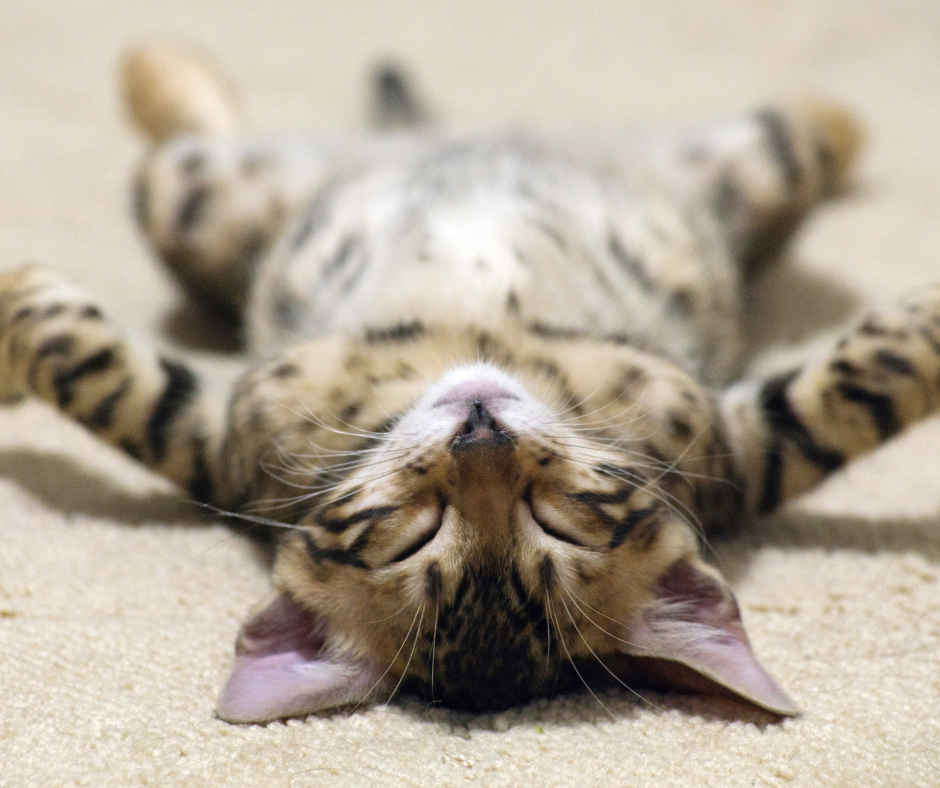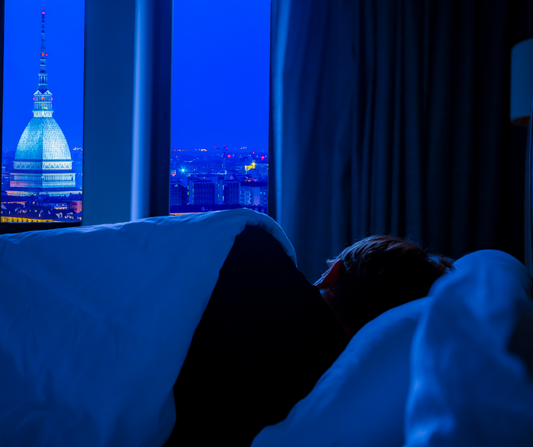As humans, we know how important it is to get eight hours of sleep. But have you ever considered the sleep requirements of our furry or feathered friends? Sleep is an essential part of an animal's life, as it helps maintain its physical and mental health. Check out these cool sleep facts about animals.
Dolphins sleep with one eye open
Called unihemispheric sleep, this unique sleep ability allows for survival in the open ocean, where dolphins need to remain alert to potential predators and obstacles. So, while one side of their brain is in deep sleep, the other side remains awake to keep them safe. I’d love this ability. Just imagine everything I could get done—even with just half my brain!
Giraffes sleep for very short periods
Giraffes are the tallest land animals on Earth, but they don't need much sleep. They only sleep for around 30 minutes per day, in short, 5-10 minute naps. Because they are vulnerable to predators while lying down, they prefer to stay standing. Younger, smaller giraffes often prefer to sleep, nestled with their head on their butt. Isn't that charming?
Sea otters hold hands during sleep
These marine mammals often sleep in groups called rafts. To keep from drifting apart, they will link their paws together—like a raft! So cute.
Some birds can sleep while flying
This feat is possible because they have a special part of their brain called the avian pacemaker that controls their sleep-wake cycle. In fact, frigatebirds can remain in flight for weeks by employing short, ten-second nap bursts!
Cats sleep up to 16 hours per day
Anyone who has ever been owned by a cat knows that the term “cat nap” is well-earned. Our feline friends are known for their love of sleeping, and they can sleep for up to 16 hours per day. This is because they are naturally crepuscular animals, which means they are most active during dawn and dusk. So, lock your bedroom door at night when the games begin!
Horses sleep lying down
Horses need around 2-3 hours of sleep per day, but they can sleep lying down or standing up. They prefer to lie down to enter REM sleep which is when dreaming occurs and is important for the horse’s mental health.
Some insects don't sleep at all (but they do nap a little!)
You’re not imagining it. Many insects are buzzing around nonstop! Ants, bees, and flies are able to stay awake for long periods of time by taking short naps throughout the day.
What we have learned
As you can see, there is a wide variety of sleep habits among different species. This is just one more example of the amazing diversity of life on this planet. Sleep well, creatures of the earth.
Scroll down and sign up for our monthly newsletter to learn more.
Dream big, work hard, sleep ambitiously,
Joe Castignani



